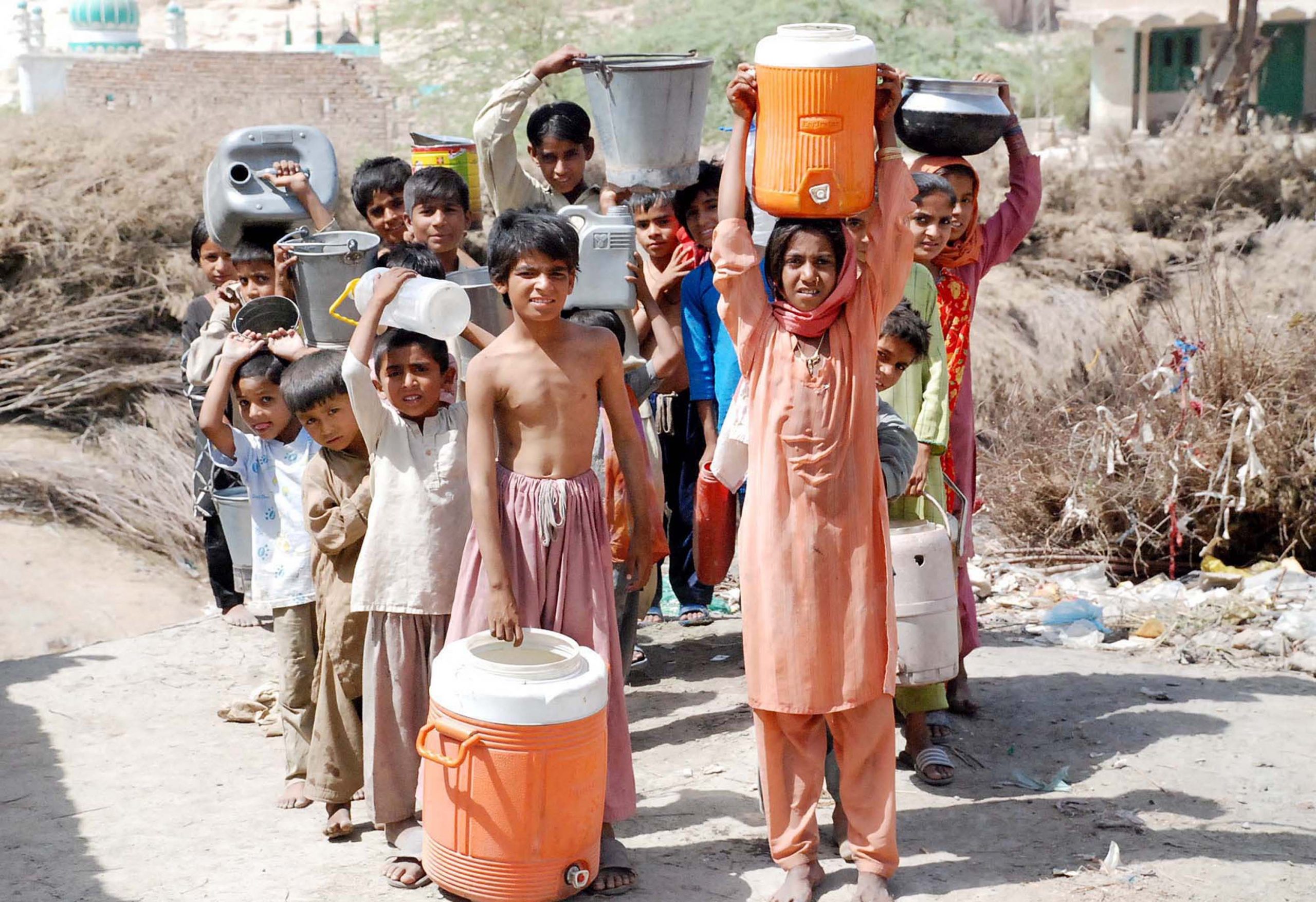About 18 million Nepalis were expected to cast their ballots in the Nov. 20 general elections
. On social media, many voters have been saying “
No, Not Again“ to the “same old names and faces” in the polls, reports
UCA News. They protest the possible re-election of veteran political leaders who have long stayed in power and failed to deliver on promises to improve people’s lives.
The Himalayan nation has been wracked by political instability, with
13 different governments in the past 16 years, and has made little progress. Its economy is still in the doldrums from the COVID-19 pandemic; runaway inflation has battered about one-fifth of the country’s people who live on less than
US$2 a day.
Voters reject the elderly elite who can return to power given the
absence of a term limit. Prime Minister Sher Bahadur Deuba, 76, seeks to hold the office for the sixth time. Khadga Prasad Oli, 70, and Pushpa Kamal Dahal, 67, are also vying for the top job. They have been prime minister twice each.
The preponderance of male veteran candidates has excluded Nepali women from participating in the political arena, writes Pratistha Rijal, a South Asia analyst at The Asia Group in Washington, D.C., in
The Diplomat. The Constitution of
Nepal guarantees a 33% representation of women in all three tiers of the government, according to
Devdiscourse. But no political party has met that criterion while fielding candidates for this year’s elections.
Rijal notes that for 165 House of Representatives seats, the Communist Party of Nepal-United Marxist Leninist has fielded 141 candidates, of which 11 are women (7.8%); the Nepali Congress has fielded 91 candidates, of which five are women (5.5%); and the Communist Party of Nepal-Maoist Centre has fielded 47 candidates, of which nine are women (19.1%). The Communist Party of Nepal-Unified Socialist and the Rastriya Janamorcha have fielded only one female candidate each.
A total of 2,412 candidates are contesting for 165 House of Representatives seats; only 225 are women (9.3%). Of the 3,224 candidates fighting for 330 Provincial Assembly seats, only 280 are women (8.7%).
Surgeon Toshima Karki, in Lalitpur district, is among the few women candidates contesting to be a House of Representatives member. In a Facebook post, she told outgoing Deuba
“to rest” and hand over the baton to a younger generation of leaders.
Karki told
Al Jazeera: “As a woman, it feels very difficult to carry out these campaigns. Many a times, I have been discouraged by even the election governing body, who cited code of conduct and other issues.”
In October, the election commission cancelled Karki’s candidacy, saying her being an elected board member of the Nepal Medical Council violated election rules. The Supreme Court restored her candidacy.
Recently, the poll body “warned Karki about using a bell — her party’s symbol — during her campaign, alleging it was creating noise pollution,” reports
Al Jazeera. A public outcry forced the poll body to retract its statement.




















































































